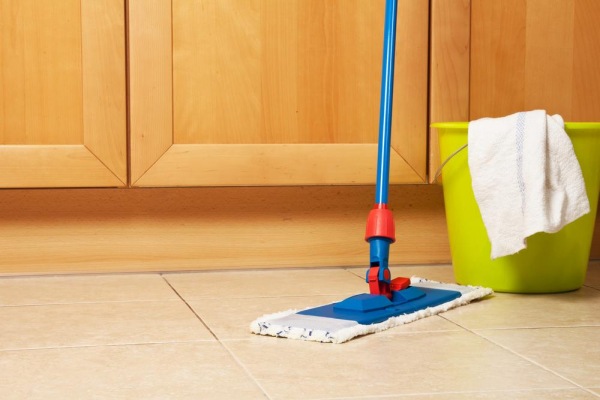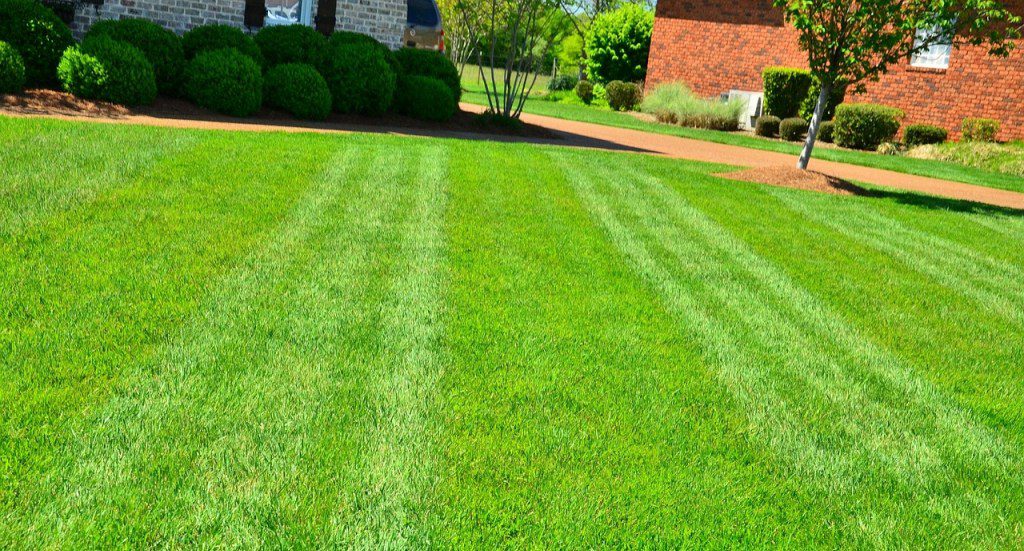The internet is rife with entertaining stuff, including clever culinary ideas like how to make a Chick-fil-A Crunchwrap, hilarious animal anecdotes, and Irish dance with a Southern twist. Social media platforms have emerged as a popular destination for cleaning tips, such as this TikTok video that explains how to clean the little crumb-catching tray beneath your toaster. But as they say, you can never trust what you see online, and this is especially true when it comes to following strangers’ recommendations. Speaking with cleaning specialists about a few of these widely shared tips, we discovered that not all cleaning hacks are as good as they seem.
Experts advise against attempting these widely shared cleaning tips:
1. Mouthwash should not be used as a cleaning product.
Mouthwash cleaning your washing machine is a TikTok trend that is both hilarious and risky when it comes to DIY laundry hacks. This is due to the fact that the acidity of most mouthwash solutions has the potential to harm the washing machine and perhaps break some of the parts that make the machine function. This is true for all washing machines, but because of where the machine parts are located, front-loaders are more affected. Apart from this, mouthwash residue may wind up ruining clothing if multiple rinse cycles are skipped after putting mouthwash through the washing machine. We suggest using a little white vinegar to sanitize your washing machine as an alternative to this .
2. Avoid Vacuuming Up Spilled Liquid
One cleaning tip that has gone viral is using a vacuum to clean up liquid spills and pet accidents. This could seem like a simple, quick fix, but it could harm your vacuum and put you in danger. Ordinary vacuums are not meant to handle liquids; wet/dry vacuums are. Liquid vacuuming poses a risk of electrocution, clogs filters, and damages the engine. It is crucial to always use a towel or mop to wipe up liquid spills and to utilize a wet/dry vacuum solely for spill cleanup.
Easy DIY Projects to Improve Your Home’s Curb Appeal Before Welcoming Holiday Guests
3. Avoid Cleaning Your Toilet Using Baking Soda
Although baking soda is an excellent stain and grease remover, it is not the best solution for cleaning toilets. To clean a dirty toilet with hard water stains, a lot of baking soda would be needed, and the cost would be higher than for many other cleaning supplies. A combination of baking soda and white vinegar might work for more recent and lesser stains. All things considered, the easiest way to get rid of hard water stains in toilets is not with baking soda. “I’ve discovered that using Bar Keepers Friend and a scouring stick—a soft pumice stone—is the most effective technique. Both are available at a lot of hardware and supermarket stores.
4. Avoid Cleaning Natural Stone Counters with Vinegar
I cringe every time I hear about people using vinegar as a natural cleanser for countertops made of natural stone. You should never, ever use vinegar on natural stone surfaces like marble or granite, even though it works well on many surfaces and is far safer and easier to use than other chemical cleansers. Since vinegar is an acid, it will react with these surfaces, eroding and leaving behind pits. On counters made of genuine stone, never, ever use vinegar.
5. Avoid Tumbling Dry Pillows
One popular TikTok suggestion advised users to tumble dry their pillows. That might keep them fresh, but regrettably it destroys the pillow’s integrity and structure. particularly cushions made of memory foam. After giving them a gentle bath, let them to air dry outside. There is no need for anything more.
6. Avoid using soapy water in your air fryer
To clean your air fryer, fill the basket with soapy water and turn it on. This is one of those cleaning tips that goes viral but is obviously ineffective. This is not only extremely risky (air fryers are electric, after all), but it may also harm the internal components of the appliance. Stick to conventional cleaning techniques and avoid taking this short cut.
7. Never Use Toothpaste to Clean
Using toothpaste to clean has become a well-liked TikTok trick for getting rid of stains on things like jewellery and sneakers. Although toothpaste is a good stain remover, it can also harm some surfaces. For instance, using toothpaste to leather may result in staining or material damage, while using it on silver jewellery may leave scratches or harm the surface. It’s crucial to follow the manufacturer’s recommendations and use toothpaste exclusively on surfaces that the product is safe to use on.
8. Avoid Using Toilet Gel Deodorizer to Preserve the Fresh Scent of Your Trash Bin
“Toilet gel deodorizers may not function as well in a trash can because they are specifically made to freshen the air in bathrooms by decreasing odor-causing microorganisms. These items might also contain chemicals that are dangerous to get on your skin or in your eyes. Using a dedicated trash bin deodorizer or odour eliminator is a better way to keep your trash can smelling great, according to Ketan Khanna, CEO of Kepsten Cleaning Services.
9. Use a cloth instead of a washcloth to soften fabric
In place of using dryer sheets, a popular TikTok laundry tip shows users soaking a washcloth in fabric softener, wringing it out, and then tossing it in the dryer. On the surface, this seems like a smart idea because washcloths can be reused, but because the fabric softener isn’t distributed evenly throughout the machine, your clothes can end up ruined in splotches.
10. Steel wool should not be used to clean stainless steel
Steel wool can actually scrape the surface and harm the polish of stainless steel, despite the fact that it could appear like a decent solution for removing stubborn stains. Instead, clean stainless steel surfaces with a soft cloth and a non-abrasive cleaner.
11. Avoid Using Vinegar to Clean Electronics
Although vinegar works well for many cleaning tasks, it is not a good idea to use it to clean electronics. The device’s delicate components may sustain irreversible harm from the vinegar’s acid.


